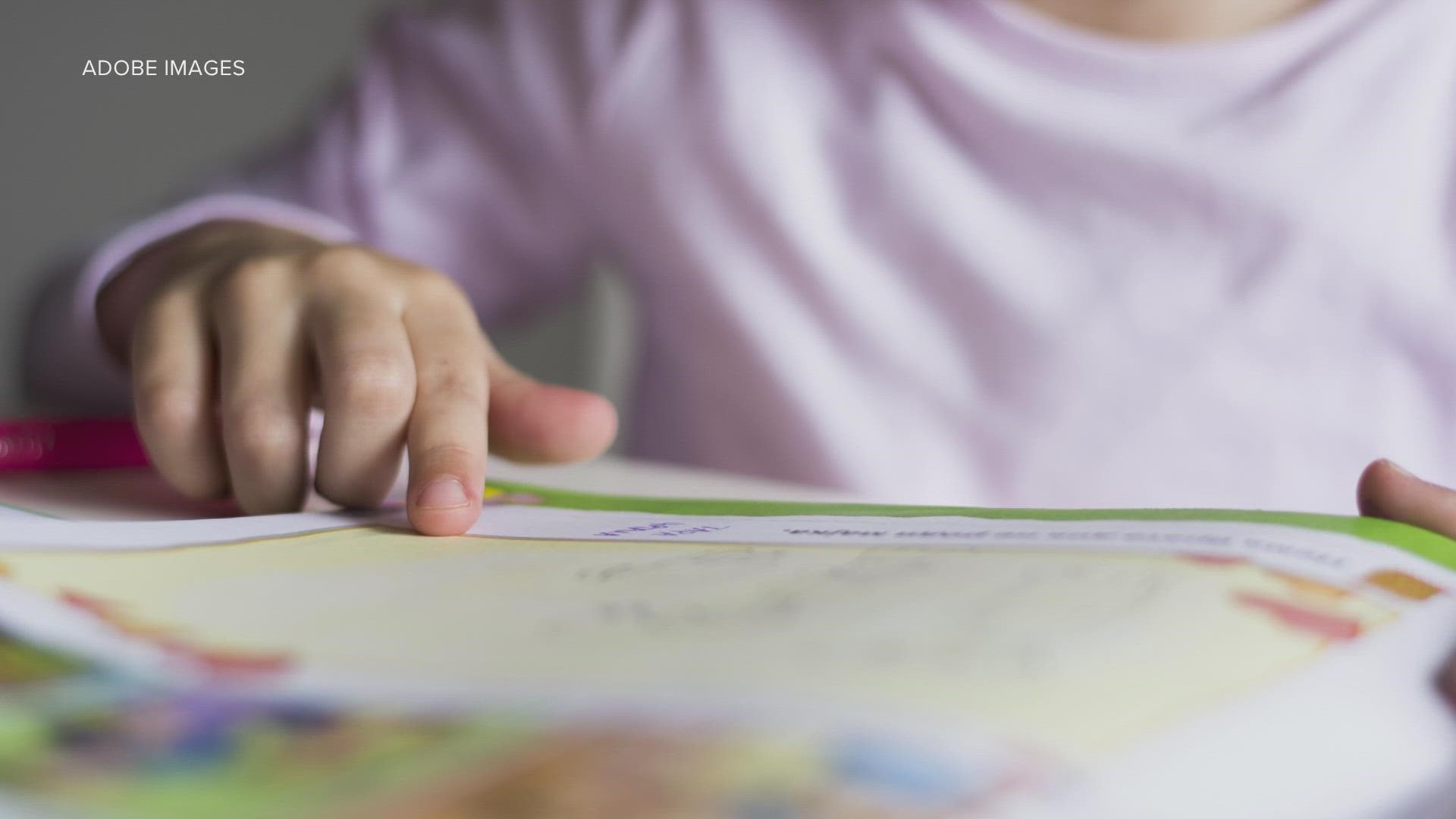MINNEAPOLIS — Reading over the summer can sound like a drag for some kids. But summer reading loss has been a long-known problem, and particularly impacts a specific group of students.
There are ways to boost your children’s reading skills as school begins.
Dr. Gigi Chawla is the Medical Director for Reach Out and Read Minnesota. She reminds us about the importance of continuing to read throughout the year.
"Recognizing that the success of the next academic year for kids really does rely on ensuring that those fundamentals carry through," she said.
The Brookings Institute said on average, students’ achievement scores declined over summer vacation by one month’s worth of school year-learning. Specific to reading loss, a report from the Institute said "... income-based reading gaps grew over the summer, given that middle class students tended to show improvement in reading skills while lower-income students tended to experience loss."
"It’s so unfortunate because that is exactly the children that we want to be able to really amplify from an academic standpoint and really pour attention into giving opportunity and allowing growth," Dr. Chawla said.
There is summer school to boost reading skills, but that doesn’t work for everyone. Home-based programs where mailed books match the child’s reading level and interest are also an option.
But Dr. Chawla said it all really starts with the adult.
"Be thoughtful about reading just like you’re thoughtful about all of the other habits that you’re trying to demonstrate to your kids," she said.
And it doesn’t have to be a book. Dr. Chawla said just make reading any words fun and easy.
"You can read recipes together as you’re cooking, there’s words everywhere," she said. "When you’re shopping, you can sound out words and see products that you know you can help kind of build kids repertoire," Dr. Chawla said.
A repertoire of words, and concepts that can be harder to teach.
"How do you teach someone to be a good friend?" Dr. Chawla asked. "Sometimes you need to see it through a story."
Reach Out and Read Minnesota is at around 300 clinics, and doctors and nurses are trained to give books to children during well-child visits. You can find a clinic that participates in the program near you here.

